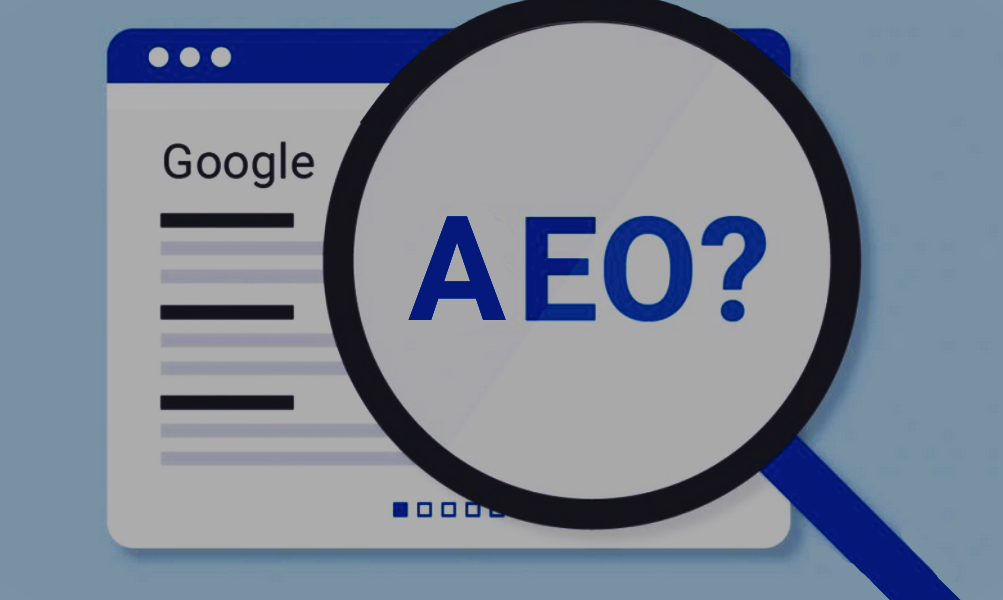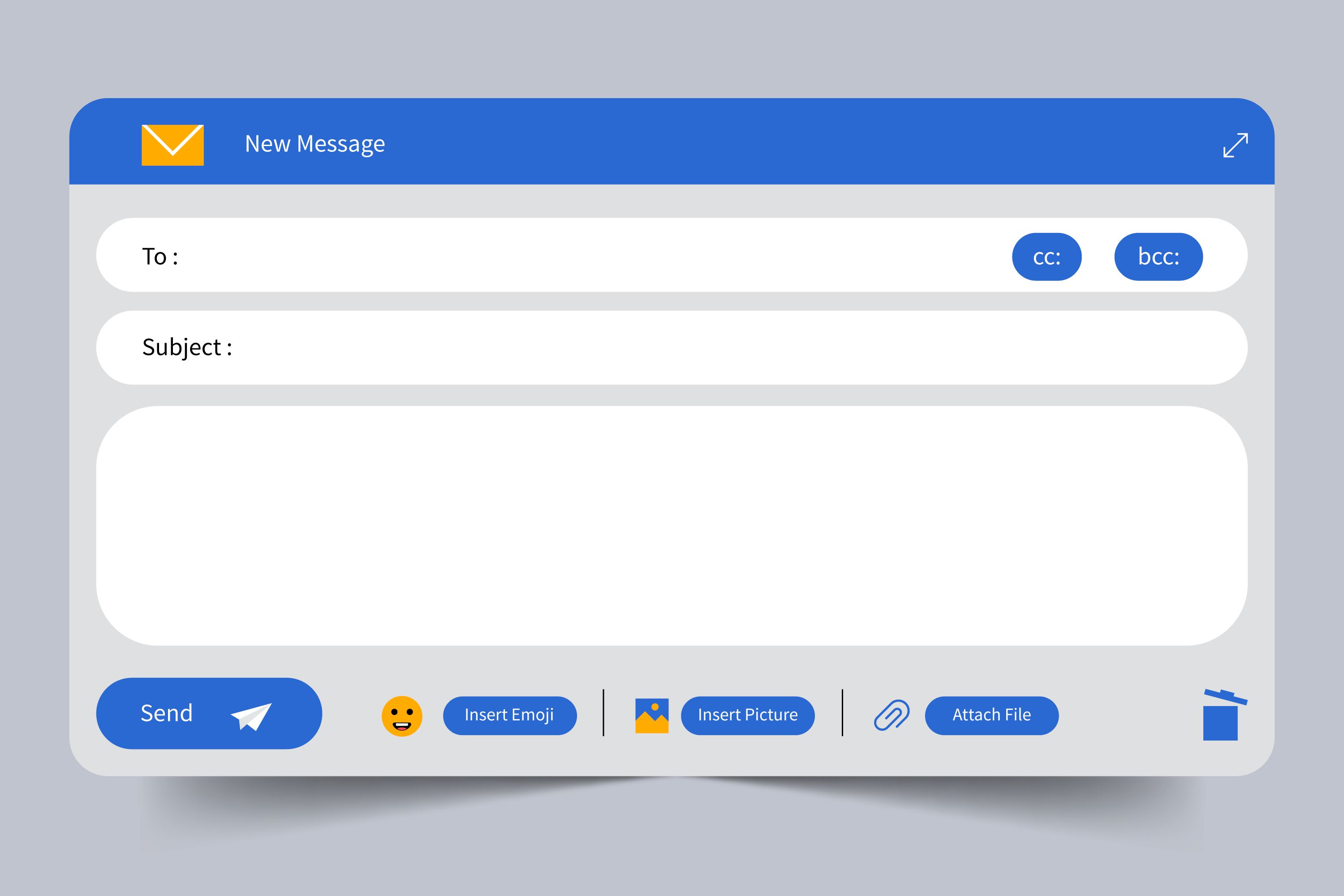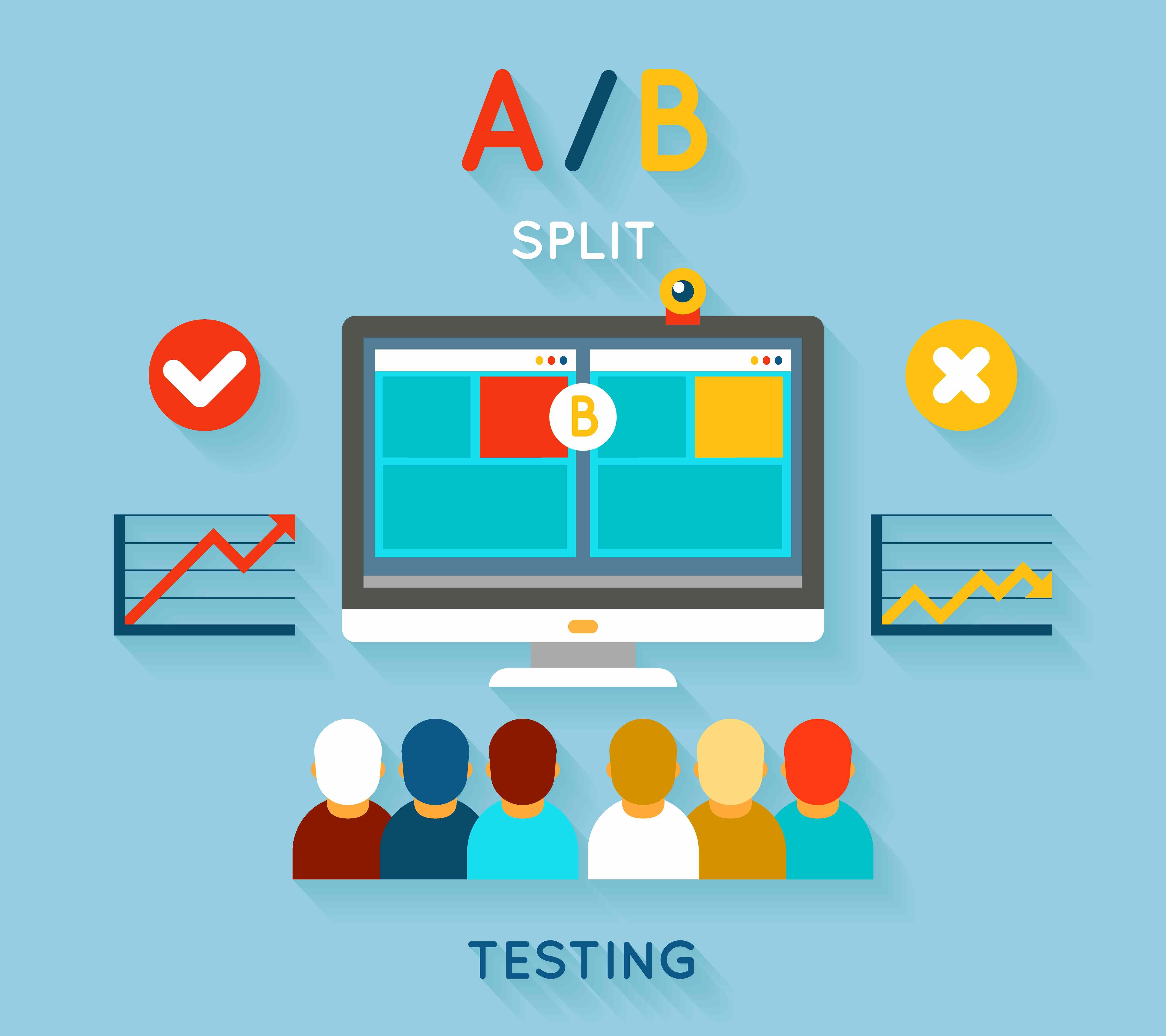Written by M-Ahmed
Sunday, July 14, 2024 at 4:41 PM
Docker is an open-supply platform designed to automate the deployment, scaling, and control of packages the use of containerization. Containers permit builders to package deal an utility with all of its dependencies right into a standardized unit for software program development. Containers are light-weight, portable, and make certain consistency throughout diverse environments (development, testing, production).
Key Concepts of Docker
- Container: A lightweight, standalone, executable package deal that consists of the whole lot that has to run a bit of software program: code, runtime, gadget tools, libraries, and settings.
- Image: A read-most effective template used to create containers. Images are constructed from a chain of layers, every representing a step inside the construction process.
- Dockerfile: A textual content document that consists of commands on the way to construct a Docker image
- Docker Engine: The runtime that builds, runs, and manages Docker containers.
- Docker Hub: A cloud-based repository where Docker users can store and share Docker images.
Why Use Docker?
- Consistency: Ensures that an application runs the same way, regardless of where it's deployed.
- Isolation: Containers provide an isolated environment, reducing conflicts between dependencies.
- Portability: Containers can run on any system that has Docker installed.
- Efficiency: Containers are lightweight and share the host OS kernel, leading to better resource utilization.
Installing Docker
To get started with Docker, follow these steps:
- Download Docker Desktop: Go to the Docker Desktop and download in your OS. Click Here to Download Docker






